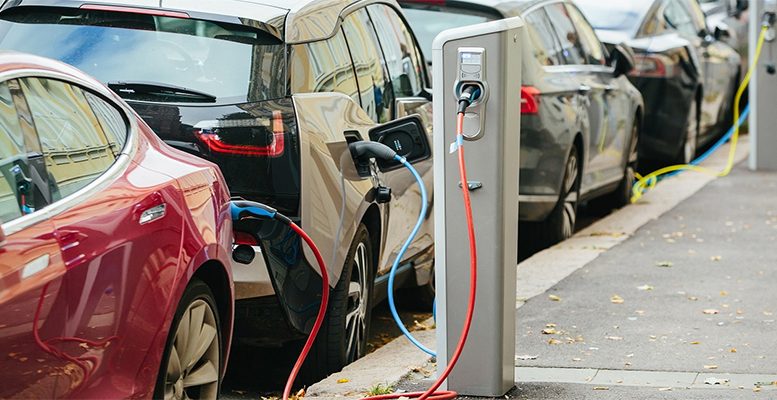The deployment of 20,000 recharging points in large supermarkets that the Government has demanded of the distribution companies as of 1 January is doomed to failure. “There is no technical capacity for it, it is absolutely impossible”, all the large companies in the sector are practically unanimous in their assurances, according to the newspaper El Economista.
Overall, and at most, according to their estimates, it will be possible to reach 20%, which is equivalent to around 4,000 points. This is a figure that falls far short of the targets set out in the European Energy Efficiency Directive.
The secretary general of Anged, Marcos Casado, called on 5 October for “greater proportionality and rationality” in the deployment of the network, warning of the technical and material “impossibility” of achieving the targets set by the government for the beginning of 2023.
With an investment of between 3,000 and 6,000 euros for each recharging point, the deployment of this network not only requires a heavy investment for companies, but also technical capacity (authorised installation companies) and an adaptation of other regulations (municipal, prevention, safety, among others) which, according to Casado, is not currently in place.
At the end of the first half of the year – the latest data available – Spain had a total of 15,772 public access charging points.
This is a tiny figure compared to the 45,000 recharging points expected by the end of 2022, according to the Electromobility Barometer of the Spanish Association of Car and Truck Manufacturers (Anfac). In fact, only 1,528 public access points were installed in the second quarter of the year compared to the end of the first quarter.
As if this were not enough, only 17% of the points installed correspond to power ratings above 22 kW, i.e. 2,696 poles. In fact, there are only 151 public access charging points in Spain with a capacity of at least 250 kW. However, 68% of these points correspond to projects by car manufacturers. Spain is the only country in the European Union that has decided to bring forward the minimum requirements established by the European energy efficiency directive by 2 years.
For this reason, Anged is proposing a longer transitional period for the obligation to implement charging points. Specifically, Casado has proposed a progressive plan to install 20% of the total number of charging stations by 1 January 2023, 50% by 1 January 2024, and 100% of the charging stations by the beginning of 2025.
Anged also calls for effective support for the deployment of these infrastructures. And, above all, a reduction in administrative hurdles, bureaucratic burdens and complex licensing procedures, which excessively delay new charging point installations.
“Our sector can contribute to the transition towards more sustainable mobility and increase the number of charging points, but the regulation must be proportionate and rational, seek incentives and not further increase the cost crisis suffered by companies”, says the employers’ association of companies such as El Corte Inglés, Ikea, Leroy Merlin, MediaMarkt, Carrefour and Eroski, among others.
Aside from distribution, the large infrastructure companies have proposed a plan to the government to invest 1.6 billion euros in the development of 600 petrol stations on the road network.





